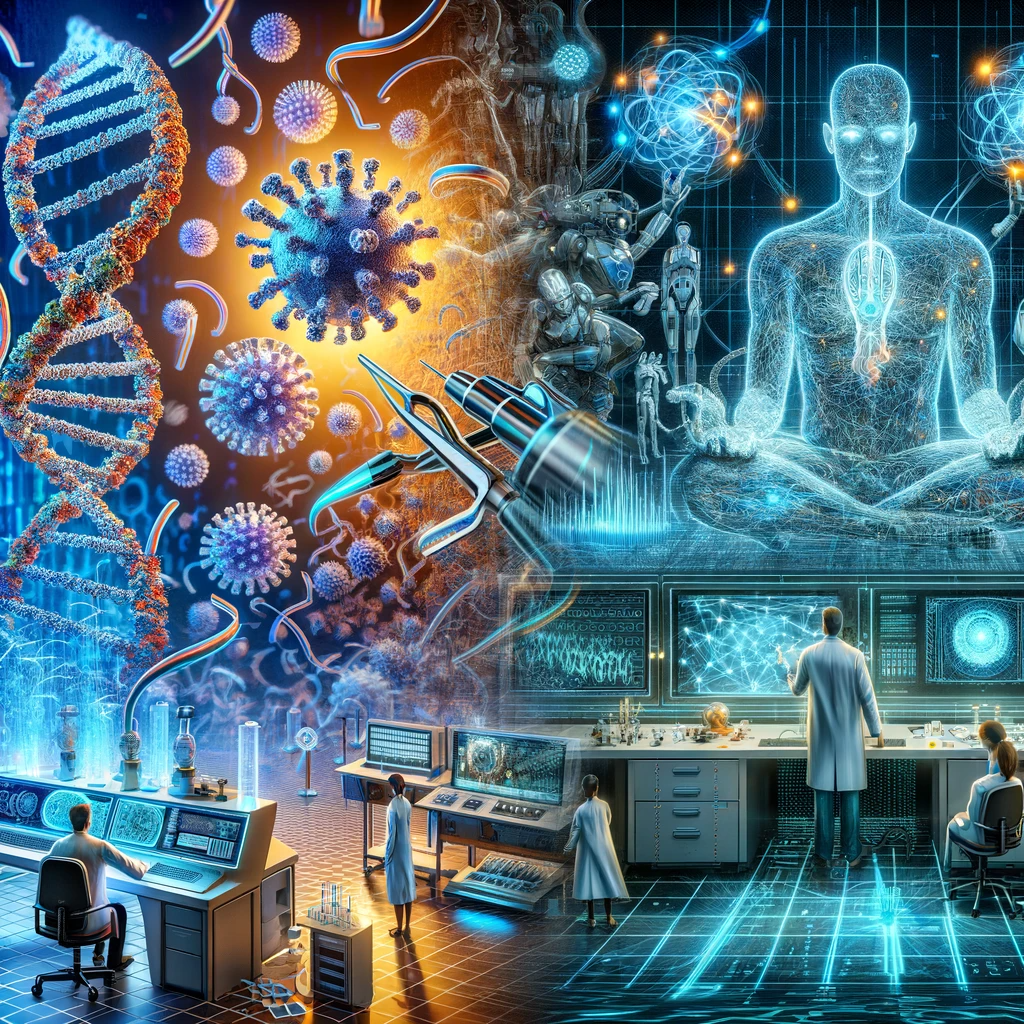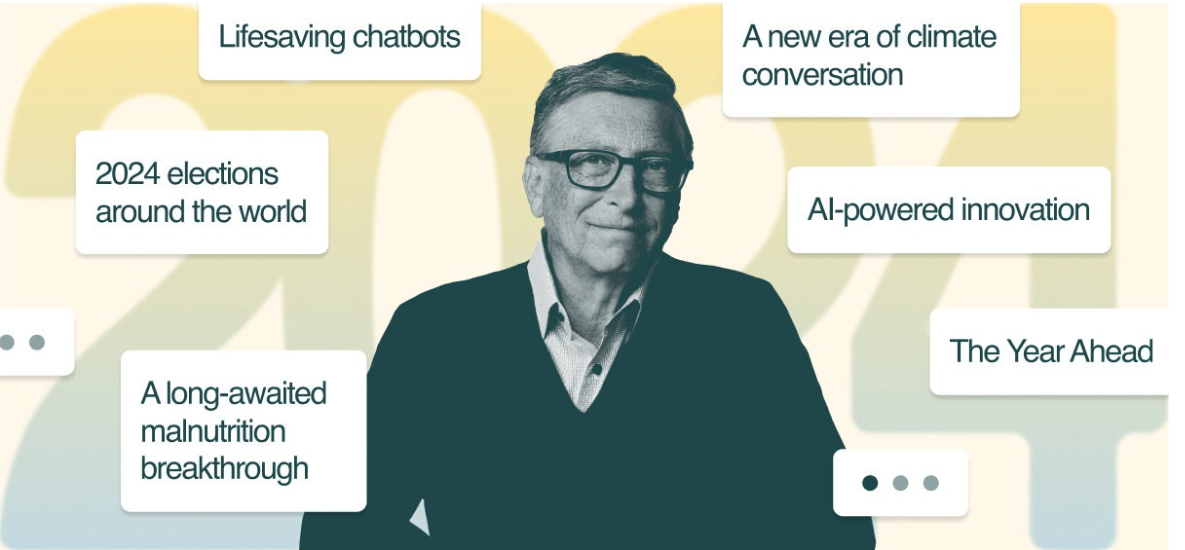
by Emmy Lucas — Forbes Staff –– Job seekers are applying to more roles than years prior. Some say generative AI tools are to thank. Six months ago, Anshita Verma was sending out a handful of job applications a day. Now, the 26-year-old data scientist is sending out 10 to 15 daily, and she says it’s all thanks to artificial intelligence tools. “Instead of taking 30 minutes to fill out an application, it might take me 10,” says Verma. Plug-in AI browser tools that autofill the fields in job postings have greatly sped up the time she spends on applications, she says, letting her apply to more jobs more quickly.
Others are using generative AI programs like ChatGPT to create resumes and cover letters on demand that match the skills and qualifications of the job. Some are using job search automation tools such as LazyApply and SimplifyJobs to apply to jobs en masse. And AI tools such as Pyjama Jobs and Talentprise, which help candidates identify jobs their skill sets match, could also be boosting application rates. Experts say the tools are one reason, coupled with a cooler labor market and inflation, that employers are getting inundated with more applications. Workers in the U.S. and the U.K. are applying to about 15% more roles compared to a year ago, according to recent data from LinkedIn. “Job seekers are being more aggressive” compared to years past, says LinkedIn’s chief economist Karin Kimbrough, with AI helping people submit applications to more postings.
“There’s a whole energy around AI right now, and if you have these tools that are going to help you craft that perfect message with personalized suggestions, it really gives you a little bit more confidence in applying.” It can also prompt job seekers to apply more broadly. “Not only are they applying to more jobs, they’re actually applying to jobs they normally wouldn’t apply to,” says Michelle Volberg, founder and CEO of recruiting firm Giledan 360. “AI is like LinkedIn’s ‘Easy Apply’ tool on steroids. It’s letting tech candidates apply to finance or healthcare roles if there’s some sort of overlap, or make their resume appear relevant when in reality it’s not.”










